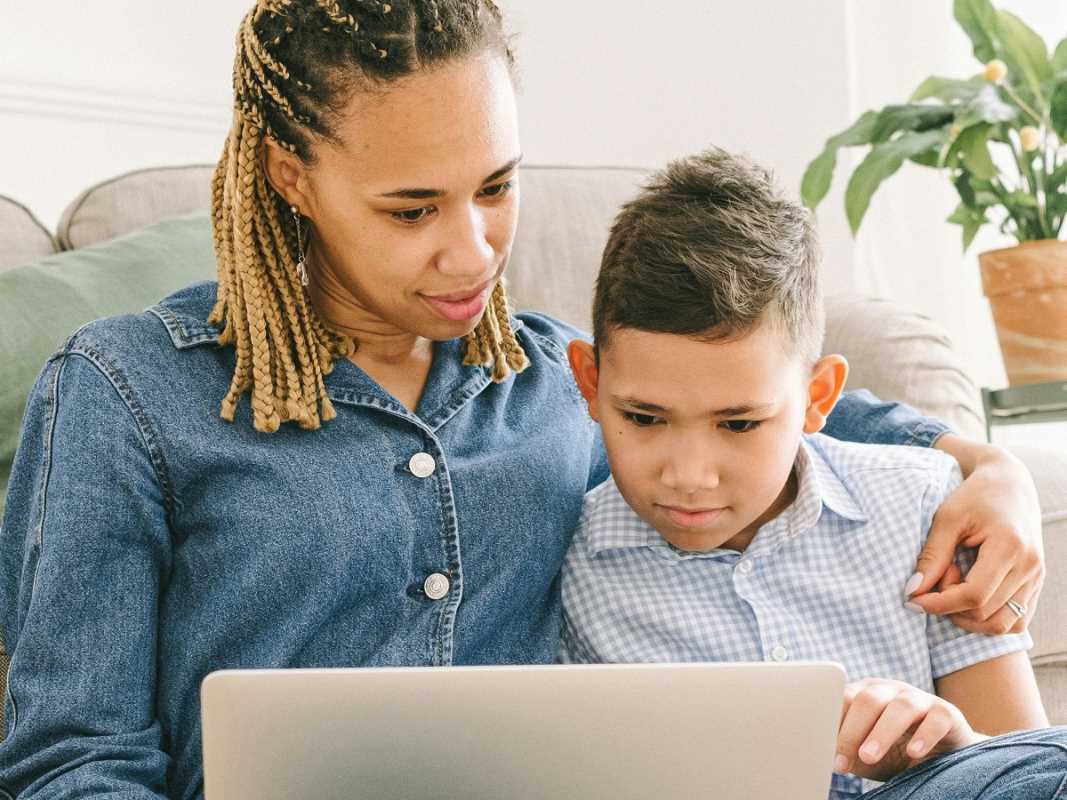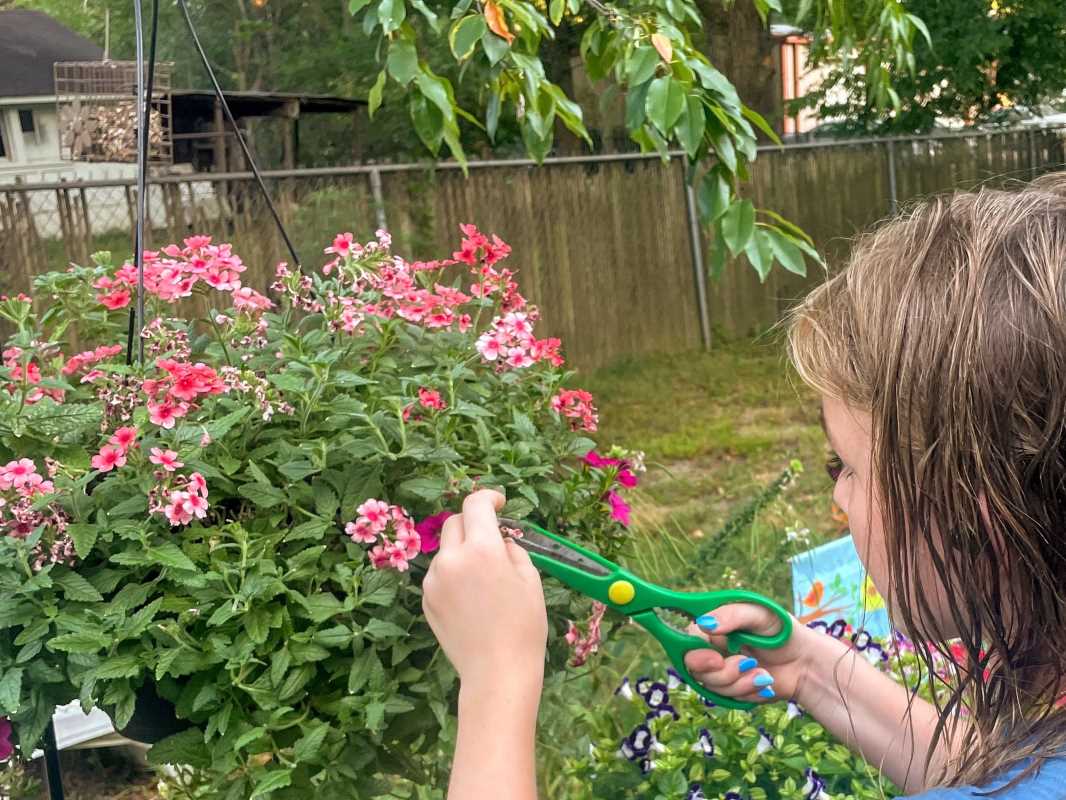Effective family communication is the cornerstone of healthy relationships. Building bridges through communication within the family can foster stronger connections and understanding among loved ones. By practicing open and honest communication, families can navigate challenges, celebrate successes, and create a supportive environment for each member to thrive. Let's explore how effective family communication can help in building bridges within the family unit.
Establishing a Safe Space for Communication
Creating a safe space for open dialogue is essential in effective family communication. This involves actively listening to one another without judgment, allowing everyone to express their thoughts and feelings freely. Setting aside time for family discussions can foster an atmosphere of trust and understanding. Research indicates that families who communicate openly are more likely to resolve conflicts peacefully and maintain strong bonds. Establishing such a space encourages vulnerability, enabling family members to share without fear of criticism. When individuals feel safe to express their thoughts and emotions, it strengthens their connections and builds a deeper understanding of each other.
To facilitate this, consider establishing regular family meetings where each member can share their thoughts and feelings. This practice not only promotes open dialogue but also provides an opportunity for everyone to discuss any issues they may be facing. Engaging in this way can prevent misunderstandings and allow family members to feel valued and respected.
Expressing Emotions and Practicing Empathy
Encouraging emotional expression within the family promotes empathy and connection. Sharing feelings, whether positive or negative, allows family members to understand each other on a deeper level. It’s crucial to validate each other’s emotions and show empathy toward one another’s experiences. When family members acknowledge and support each other’s feelings, they can build bridges based on mutual respect and care.
Empathy is defined as the ability to understand and share the feelings of others, and it fosters compassion and deepens familial ties.
When family members practice empathy, they create an environment where everyone feels valued and understood. For instance, when a child shares a disappointment, rather than dismissing it, parents can respond with understanding, saying, “I can see why that would upset you. Let’s talk about it.” This acknowledgment can go a long way in fostering strong emotional bonds.
Setting Clear Boundaries and Expectations
Establishing clear boundaries and expectations is fundamental to preventing misunderstandings and conflicts within the family. Openly communicating individual needs, preferences, and limitations allows everyone to respect each other’s space and autonomy. Discussing responsibilities, rules, and consequences can create a harmonious environment where each family member feels heard and valued.
Healthy boundaries promote mutual respect and self-care, which enhances relationships within the family unit. Clear expectations help reduce friction and ensure that everyone is on the same page regarding responsibilities and limitations. For example, setting ground rules about screen time or chores can prevent potential conflicts and misunderstandings. When boundaries are established, family members can navigate their interactions with confidence, knowing their needs will be acknowledged and respected.
Effective Problem-Solving Skills
Effective family communication involves working together to solve problems and conflicts as a team. By practicing active listening, compromise, and collaboration, families can address challenges constructively and find solutions that benefit everyone involved. Encouraging respectful communication during disagreements strengthens problem-solving skills and promotes unity within the family.
Practicing problem-solving as a family is essential for overcoming obstacles and building resilience in the face of adversity. When families approach problems as a unit, they create a supportive network that can tackle challenges head-on. For instance, if a family faces a financial challenge, discussing it openly and brainstorming solutions together can strengthen their bond and empower each member to contribute. This collaborative approach not only resolves the issue at hand but also fosters a sense of teamwork and shared responsibility.
Celebrating Achievements and Milestones Together
Acknowledging and celebrating each other’s achievements and milestones is a crucial aspect of effective family communication. By showing appreciation, support, and pride in each other’s accomplishments, families can boost morale and reinforce positive relationships. Whether it’s a birthday, graduation, or personal success, sharing joy and creating lasting memories together strengthens the family bond.
Celebrating achievements fosters a sense of unity and creates a positive family culture based on mutual encouragement and love. Such celebrations remind family members of their shared values and support for one another. For example, planning a small celebration for a child’s achievement can instill a sense of accomplishment and encourage them to strive for future goals. Regularly celebrating milestones, no matter how small, creates a nurturing environment where everyone feels valued and recognized.
Practicing Gratitude and Active Communication
Gratitude and active communication go hand in hand in building bridges within the family. By expressing appreciation for each other’s contributions, efforts, and presence, family members cultivate a sense of gratitude and connection. Regularly communicating words of affirmation, encouragement, and love can uplift spirits and nurture a supportive family dynamic.
Practicing gratitude and active communication daily fosters a strong sense of unity and belonging within the family. Simple gestures, such as thanking a family member for their help or complimenting their efforts, can significantly enhance family bonds. Research has shown that gratitude is linked to improved mental well-being, increased happiness, and strengthened relationships. By making gratitude a regular part of family interactions, families can create a positive atmosphere that promotes well-being and connection.
 (Image via
(Image via





